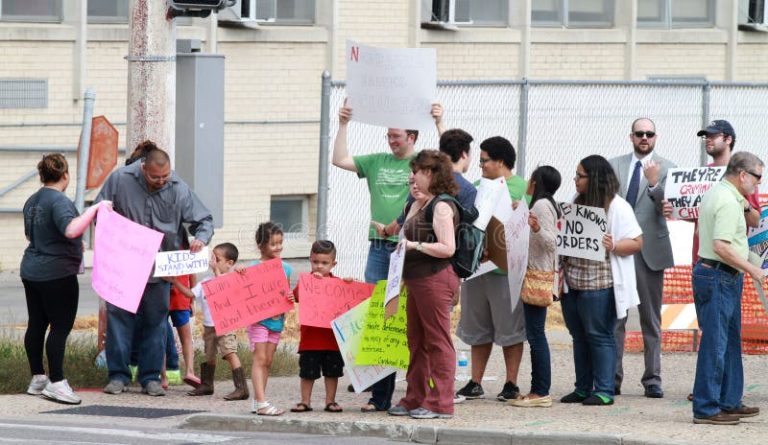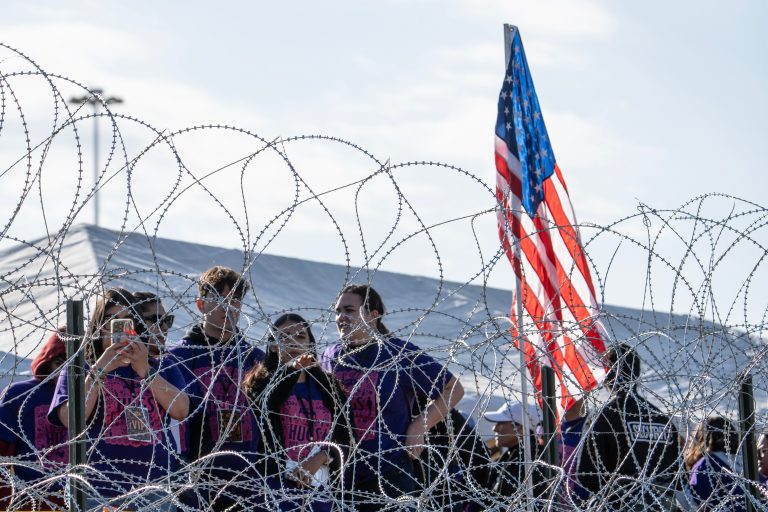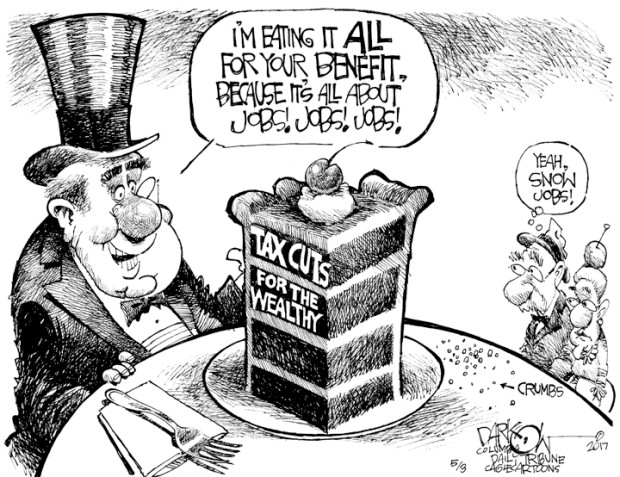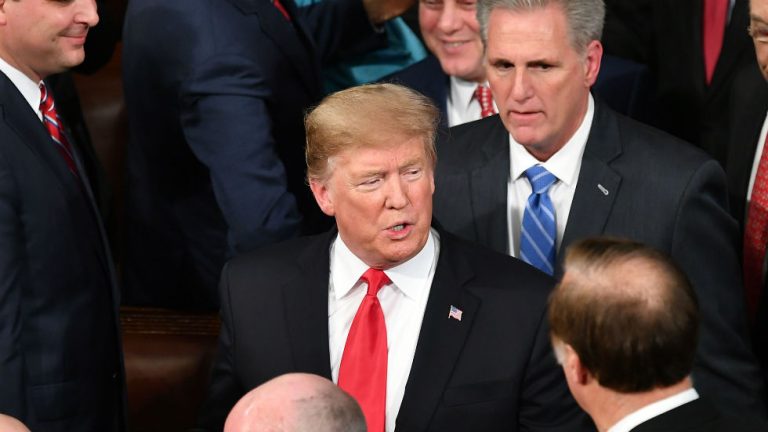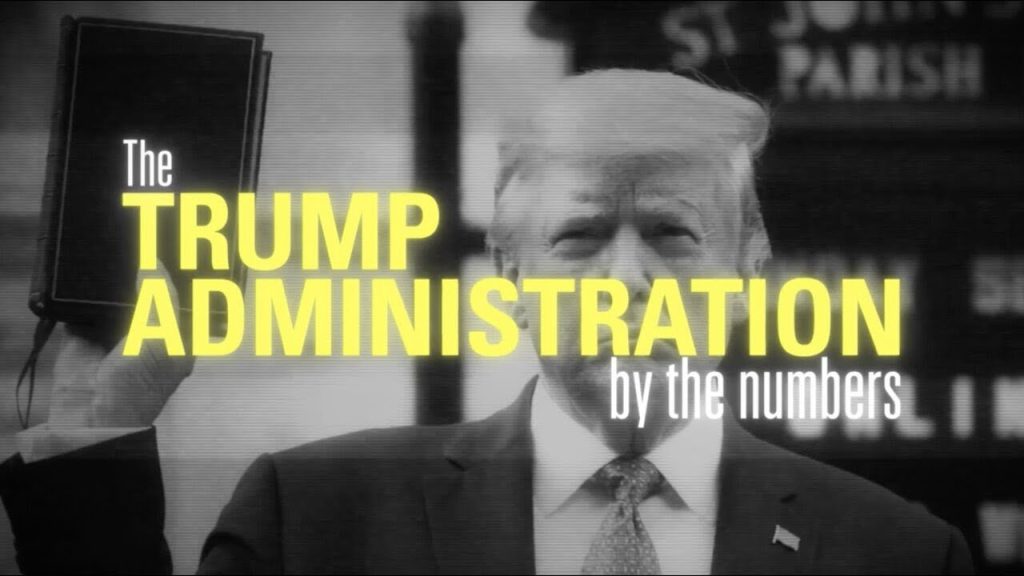

10 Essential Actions to Support President Trump’s Legacy
Donald Trump’s presidency, a period marked by significant policy shifts and unwavering rhetoric, continues to be a subject of intense debate. Whether you agree with his policies or not, understanding and engaging with his legacy requires a nuanced approach. This article outlines ten essential actions individuals can take to contribute to the ongoing discussion and preservation of his impact on American politics and society.
1. Document and Preserve Primary Sources:
The digital age offers unparalleled opportunities for archiving historical moments. Actively collect and preserve primary source materials related to the Trump administration – speeches, tweets, news articles, policy documents. Contribute to online archives or create personal collections to ensure these materials remain accessible for future research and analysis. This act transcends political affiliation; it’s about ensuring historical accuracy.
2. Support Independent Research and Scholarship:
Independent research, free from partisan bias, is crucial for a balanced understanding of the Trump era. Support think tanks, universities, and researchers focusing on analyzing his policies and their impact. Donations, volunteering time, and engaging with their publications contribute to a more comprehensive understanding of his legacy.
3. Engage in Civil Discourse and Debate:
Meaningful dialogue is essential to processing the complexities of the Trump presidency. Participate in respectful discussions, challenging assumptions and engaging with opposing viewpoints. Focus on facts and evidence, rather than resorting to personal attacks. Constructive engagement, even with disagreement, contributes to a more informed populace.
4. Analyze the Economic Impact:
The Trump administration implemented significant economic policies. Analyze these policies objectively, examining their impact on various sectors and demographics. Research the effects of tax cuts, trade agreements, and deregulation. This data-driven approach fosters a deeper understanding of his economic legacy, regardless of your political stance.
5. Examine Foreign Policy Decisions:
Trump’s foreign policy decisions were often unconventional. Study these policies objectively, analyzing their successes and failures. Research his approach to international agreements, relations with key allies and adversaries, and the impact on global stability. Objective analysis is key to forming informed opinions.
6. Explore the Impact on Social Issues:
Trump’s presidency significantly impacted social issues such as immigration, healthcare, and LGBTQ+ rights. Examine these impacts critically, considering the perspectives of various groups. Analyzing the effects on specific communities allows for a more complete picture of his legacy on social landscapes.
7. Preserve Oral Histories:
Gather oral histories from individuals directly involved in or affected by the Trump administration. Record their experiences and perspectives to create a diverse and nuanced record of this era. These personal accounts offer invaluable insights often overlooked in official documents.
8. Create Educational Resources:
Develop educational materials – articles, videos, podcasts – that objectively explain complex aspects of the Trump presidency. These resources can improve public understanding and facilitate informed discussions across the political spectrum. Clarity and accuracy are paramount.
9. Support Museums and Archives:
Contribute to museums and archives that are actively collecting and preserving artifacts and documents related to the Trump era. Your support helps ensure these materials are preserved for future generations of researchers and the public.
10. Foster Critical Thinking and Media Literacy:
Develop critical thinking skills and become more media literate. Evaluate information from various sources, identify biases, and seek out diverse perspectives. This approach ensures informed engagement with the ongoing discussions surrounding the Trump presidency and its long-term ramifications.
| Action | Impact |
|---|---|
| Document Sources | Historical Accuracy |
| Support Research | Objective Analysis |
| Civil Discourse | Informed Debate |
| Analyze Economic Impact | Data-Driven Understanding |
| Examine Foreign Policy | Global Perspective |

Additional Information
Analyzing 10 Essential Actions to Support President Trump’s Legacy: A Deeper Dive
A purported list of “10 Essential Actions to Support President Trump’s Legacy” would likely encompass a range of initiatives reflecting key aspects of his presidency. Analyzing these actions requires a nuanced approach, acknowledging both their proponents’ viewpoints and potential counterarguments. Instead of directly listing hypothetical actions (as the prompt doesn’t provide them), this analysis will explore potential categories and the analytical frameworks necessary for evaluating their impact on solidifying a particular legacy.
We can group potential legacy-building actions into these thematic categories:
1. Economic Policy Reinforcement: This could involve promoting policies aimed at continuing deregulation, tax cuts, or specific trade strategies favored during his administration.
- Analysis: A key question is the long-term sustainability and impact of these policies. While proponents might point to short-term economic growth metrics (e.g., GDP growth during certain periods), a deeper analysis would examine income inequality, wage stagnation for certain segments of the population, and the overall effect on national debt. Studies comparing economic indicators under Trump’s administration with previous periods, adjusted for external factors (e.g., global pandemics), would be crucial. Further analysis might consider the tradeoffs between economic growth and environmental sustainability.
2. Judicial Appointments Defense: This involves safeguarding and promoting the lasting impact of his judicial appointments.
- Analysis: This focuses on assessing the long-term ideological impact of these appointments on jurisprudence and the interpretation of constitutional law. It’s essential to analyze the diversity of the appointed judges, their adherence to various legal philosophies (originalism, textualism, etc.), and the potential impact on landmark cases across various domains (environmental law, civil rights, etc.). Case studies analyzing specific rulings from judges appointed during his term would be insightful.
3. Strengthening the “America First” Narrative: This involves bolstering nationalistic sentiments and promoting policies aligned with that philosophy.
- Analysis: This requires a careful examination of the economic, social, and geopolitical ramifications of an “America First” approach. Studies on the impact of trade disputes, international relations, and the effects on global cooperation are necessary. It’s crucial to differentiate between legitimate national interests and actions that might be perceived as isolationist or detrimental to international stability. Quantifiable data on trade balances, diplomatic relations, and international standing would be critical for objective assessment.
4. Consolidating a Conservative Movement: This could involve initiatives aimed at consolidating and strengthening the conservative movement within the Republican party and beyond.
- Analysis: This involves analyzing the internal dynamics within the Republican party, the influence of Trump’s ideology on its future direction, and the impact on the broader political landscape. Data on voter demographics, party affiliation shifts, and the success of candidates aligned with Trumpism would provide valuable insight. Qualitative research on the intellectual and philosophical underpinnings of the movement would be crucial for understanding its long-term viability.
5. Promoting a Specific Cultural Agenda: This might include efforts to advance particular social or cultural values.
- Analysis: This is a sensitive area requiring rigorous analysis to avoid bias. It necessitates a careful examination of the potential impacts of such actions on various communities and societal values. Metrics such as social cohesion, levels of polarization, and freedom of expression would be pertinent. Studies on the correlation between specific policies and social outcomes would be invaluable.
Analyzing the “essential actions” requires a rigorous, multi-faceted approach, incorporating quantitative data (economic indicators, polling data, judicial statistics), qualitative research (opinion surveys, historical analysis), and rigorous methodological frameworks to avoid confirmation bias and ensure a balanced and objective assessment of the intended legacy and its actual impact. Simply promoting actions without critically analyzing their implications is insufficient for a meaningful understanding of the historical impact of President Trump’s presidency.

